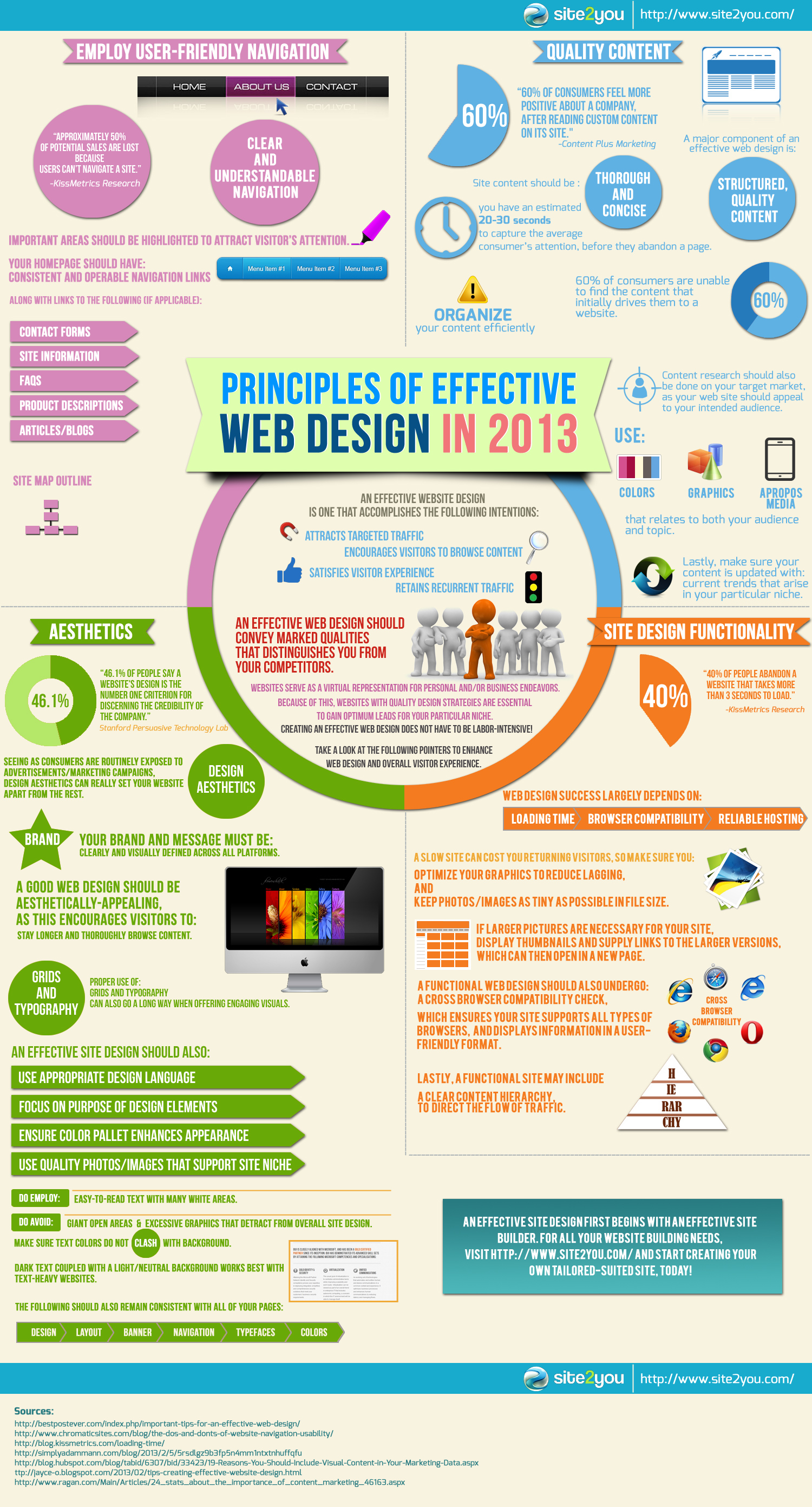They claim 'time is cash,' and worldwide of web site holding, this couldn't be more true.
When it involves your web site's rate and performance, every second matters. Slow loading times can annoy individuals and drive them away, leading to lost chances and potential profits.
However concern not, there are methods to boost your web site's speed and efficiency through webhosting. In this discussion, we will discover some important ideas and strategies that will certainly assist you enhance your website's performance and maintain your visitors involved.
So, bend up and prepare to open the keys of a lightning-fast website!
Selecting the Right Webhosting Company
When it comes to improving your web site speed and performance, selecting the right web hosting supplier is vital. A good host provider can substantially affect the loading rate, uptime, and overall efficiency of your website.
To guarantee you make the ideal choice, think about factors such as server area, web server sources, and customer assistance. Opt for a provider that has web servers situated near your target audience to decrease latency and enhance packing times.
Additionally, examine the server resources supplied, such as RAM, CPU, and storage, to guarantee they meet your site's requirements.
Finally, https://what-is-the-definition-of62840.blog5star.com/30665003/recognizing-the-power-of-influencer-advertising-and-marketing-in-the-digital-age and receptive customer assistance is vital for addressing any type of technical problems quickly.
Optimizing Internet Site Caching and Compression
To enhance internet site caching and compression, think about implementing reliable methods to boost packing times and reduce data sizes. Here are three methods to accomplish this:
- ** Leverage internet browser caching **: Set the expiration header for fixed data to motivate browsers to cache them. This way, visitors do not require to download and install the same files consistently, causing faster page tons.
- ** Enable Gzip compression **: Pressing your website's data minimizes their size, permitting them to be transferred quicker to site visitors' internet browsers. Enable Gzip compression on your server to achieve this, effectively lowering load times.
- ** Utilize CDN solutions **: Material Shipment Networks (CDNs) save your website's static data on several web servers worldwide. By using a CDN, site visitors can access these data from the server closest to them, lowering latency and improving loading speeds.
Decreasing Web Server Reaction Time
Consider applying strategies to reduce web server feedback time in order to enhance web site speed and performance.
Server response time describes the quantity of time it considers a server to respond to a demand from an individual's browser. A slow-moving server feedback time can substantially influence the overall speed and performance of your internet site, causing a poor user experience and possible loss of visitors.
To reduce server feedback time, you can start by enhancing your website's code and data source inquiries to guarantee they're reliable and streamlined. In addition, choosing a reliable and high-performance webhosting copyright can make a considerable difference in lowering server feedback time.
Ultimately, carrying out caching and web content shipment networks (CDNs) can help disperse the load and improve action times for customers situated in various regions.
Verdict
On the whole, by choosing a reliable webhosting service provider, optimizing caching and compression, and reducing web server response time, you can improve your website's speed and efficiency.
Consider it as a well-oiled machine, with each component functioning perfectly together to offer a smooth and efficient individual experience.
So, ada compliance in websites neglect the importance of web hosting when it comes to enhancing your site's efficiency-- it's the engine that maintains points running smoothly.
